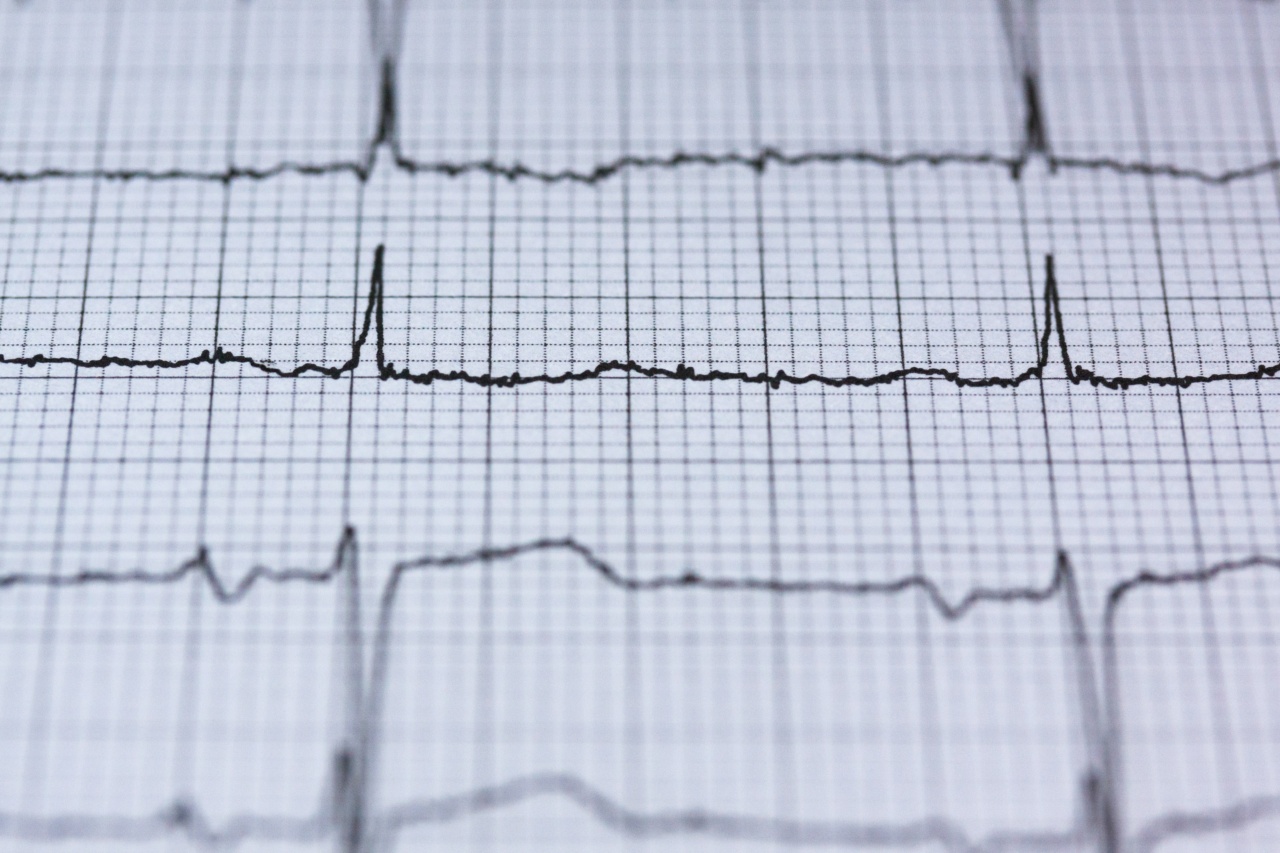Heart health is a crucial aspect of overall well-being. The heart is a vital organ that pumps blood and supplies oxygen to all parts of the body.
When the heart is not functioning optimally, it can lead to various cardiovascular conditions and potentially life-threatening diseases. In recent years, scientists have been exploring the relationship between antigenic and heart health, uncovering promising insights that may serve as a blueprint for maintaining a healthy heart.
Understanding Antigenic
Antigenic refers to the unique molecular structure of proteins present on the surface of cells. These proteins can trigger an immune response in the body by signaling the production of antibodies.
Antigenicity ensures that the body can recognize and defend against foreign substances, such as bacteria and viruses. However, recent research has shown that antigenic plays a much broader role in the body, including its impact on heart health.
The Role of Antigenic in Heart Health
Scientists have discovered that antigenic proteins play a role in various processes that affect heart health. One such process is the regulation of blood pressure.
Antigenic proteins found in blood vessels help in maintaining blood pressure by influencing the dilation or constriction of blood vessels. This, in turn, affects the workload on the heart and overall cardiovascular health.
Furthermore, antigenic proteins have been found to be involved in cardiac fibrosis, a condition characterized by an excessive build-up of scar tissue in the heart.
This condition can impair the heart’s ability to pump blood efficiently and lead to heart failure. By understanding the antigenic pathways involved in cardiac fibrosis, researchers are developing targeted therapies to prevent or reverse this process.
Immunotherapy and Heart Health
Immunotherapy, a treatment approach that harnesses the body’s immune system to fight diseases, is making waves in the field of heart health.
Researchers are exploring how immunotherapy can be used to target antigenic processes involved in heart conditions. For example, monoclonal antibodies can be designed to specifically target and neutralize antigenic proteins that contribute to inflammation and damage in the heart.
Early studies have shown promising results, with some immunotherapies demonstrating the ability to reduce inflammation, improve cardiac function, and even reverse the progression of heart disease.
As immunotherapy research in heart health continues to advance, it offers hope for more effective treatments and prevention strategies.
The Impact of Lifestyle on Antigenic and Heart Health
While antigenic may play a significant role in heart health, lifestyle factors also have a profound impact on the antigenic response and overall cardiovascular well-being.
Here are some key lifestyle factors that can influence antigenic and heart health:.
1. Diet
A balanced and nutritious diet is essential for heart health. Certain foods, such as fruits, vegetables, whole grains, and lean proteins, can help reduce inflammation and promote a healthy antigenic response.
Conversely, a diet high in processed foods, saturated fats, and added sugars can contribute to inflammation and negatively affect heart health.
2. Physical Activity
Regular physical activity is crucial for maintaining a healthy heart. Exercise helps regulate blood pressure, improve cardiovascular function, and reduce the risk of heart disease.
Engaging in aerobic exercises, such as brisk walking, jogging, or swimming, for at least 150 minutes per week can have significant positive effects on heart health and antigenic response.
3. Stress Management
Chronic stress can contribute to inflammation and negatively impact heart health. Finding effective stress management techniques, such as meditation, yoga, or engaging in hobbies, can help reduce stress levels and promote a healthy antigenic response.
4. Tobacco and Alcohol
Smoking and excessive alcohol consumption have detrimental effects on heart health and antigenic response.
Quitting smoking and drinking alcohol in moderation, or preferably avoiding it altogether, can significantly improve heart health and reduce the risk of cardiovascular diseases.
5. Sleep Quality
Inadequate sleep and poor sleep quality are associated with an increased risk of heart disease. Prioritizing a consistent sleep schedule and ensuring quality sleep can help support a healthy antigenic response and overall cardiovascular health.
Future Directions in Antigenic Research
The study of antigenic in the context of heart health is still in its early stages. While researchers have made significant strides in understanding the role of antigenic in cardiovascular processes, there is still much to be explored.
Future directions in antigenic research may include:.
1. Development of Targeted Therapies
Scientists are working towards developing targeted therapies that focus on specific antigenic proteins involved in cardiovascular diseases.
These therapies aim to interrupt the antigenic pathways contributing to heart conditions, providing more effective treatment options.
2. Personalized Medicine
As more is learned about individual variations in antigenic response, personalized medicine approaches may emerge.
Tailoring treatments based on an individual’s unique antigenic profile could lead to more precise and effective interventions for heart health.
3. Prevention Strategies
By understanding the antigenic processes involved in heart conditions, researchers can develop prevention strategies that target specific biological mechanisms.
This approach could help individuals at high risk for heart disease reduce their chances of developing cardiovascular problems.
Conclusion
The science of antigenic is paving the way for a better understanding of heart health and the development of targeted therapies.
Antigenic proteins play a significant role in various processes that affect cardiovascular well-being, from blood pressure regulation to cardiac fibrosis. Additionally, lifestyle factors, such as diet, physical activity, stress management, tobacco, and alcohol use, as well as sleep quality, can influence the antigenic response and overall heart health.
The emergence of immunotherapy in heart health research offers promising possibilities for novel treatments. Continued research in the field of antigenic and heart health holds the potential to revolutionize cardiovascular medicine and significantly improve outcomes for individuals at risk for heart disease.































